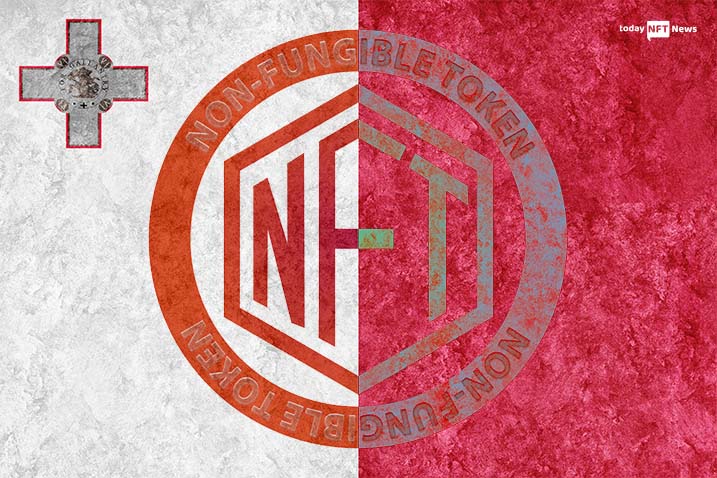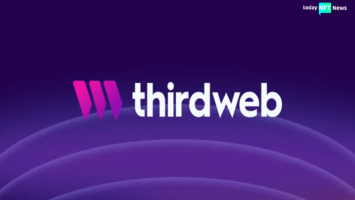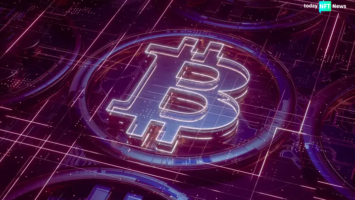SNEAK PEEK
- The move by the Financial Services Authority expects new EU legislation upon eliminating non-fungible assets.
- The Malta Financial Services Authority is pondering upon requests to rectify NFTs regulatory treatment in its VFA framework.
- The reason behind is that NFTs are non-fungible and exclusive and can’t be utilized for investment and payments.
The Financial Services Authority of Malta has expressed its desire to eliminate service providers for NFTs from its 2018 scope’s virtual-assets law while preparing for a whole new European Union crypto legislation.
According to the 2018 Virtual Financial Assets Act of the country, service providers must be authorized as well as publish white papers including details of investors before issuing a digital token.
This is something beyond the European Union’s Markets in Crypto Assets Regulation, which will be imposed in Malta and throughout the bloc in the year 2024.
In a consultation paper, the regulator said that the authority considers that it will be wise if specific VFAs, i.e. the ones with clear traits of non-fungibility and rarity, are not included in the VFA framework. Parties that are interested can offer feedback to suggested rule changes. On January 6, the consultation period will come to an end.
Non-fungible tokens had restricted use for payment processes or investment, as said by the Maltese regulator. Under MiCA’s final draft, NFT service providers need not register till the time their assets are evaluated as truly non-fungible.
Malta is among the smallest states of the European Union and was among the first to decide its crypto registration authority. Majority of the non-fungible tokens are a part of its current law.
The Maltese parliament approved three laws regarding the establishment of an extensive regulatory framework for digital currencies and blockchain in 2018. The Virtual Financial Assets Act controls areas such as initial coin offerings, digital currencies, digital assets and similar services. On the other hand, the Innovative Technological Arrangements and Services Act allows the Malta Digital Innovation Authority to supervise technology service providers’ registrations.
The present financial regulatory framework acknowledges four different categories of digital assets that are subject to individual rules. These categories include virtual tokens, electronic money, virtual financial assets and financial instruments.
Meanwhile, last month, Today NFT News reported Malta Gaming Authority is setting regulations for NFTs in the gambling sector.









